News

Harvard/AARP Report Finds Most Seniors Do Not Reside in Livable Communities
Most older Americans do not reside in livable communities, according to a joint report from the Harvard Joint Center on Housing Studies and the AARP Public Policy institute. The report said most seniors do not reside in places that score high on AARP’s Livability Index, which measures economic and social environments among other factors.
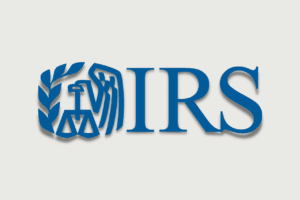
IRS, Treasury Release Average Income Proposed Rule
The Department of the Treasury and the Internal Revenue Service posted a proposed rule on the Average Income minimum set-aside election. The proposed rule would require properties electing the average income minimum set-aside to designate the imputed income limit of each low-income unit no later than the close of the first taxable year of the LIHTC period. To avoid noncompliance and recapture, owners would only be allowed to take mitigating steps with 60 days of year-end.
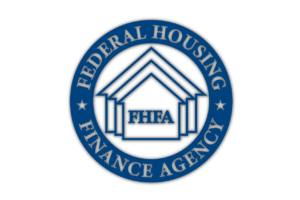
Will The GSEs Be Attractive Enough To Equity Investors For A Successful Recapitalization?
A new blog and paper by Don Layton with the Joint Center for Housing Studies of Harvard University explore whether the Federal Housing Finance Agency’s (FHFA) plans and actions are consistent with making the Fannie Mae and Freddie Mac (collectively, the Government Sponsored Enterprises or GSEs) attractive enough to equity investors, and – given the need to raise such unprecedentedly large amounts of equity – to do so globally and broadly.

HUD Updates FAQs
On October 14, HUD issued a further update to its Frequently Asked Questions for subsidized multifamily housing programs to clarify and extend certain interim procedures and tie in the Centers for Disease Control and Prevention’s order creating a national eviction moratorium for nonpayment of rent.

Court Provides Preliminary Injunction, Stay on HUD’s Disparate Impact Rule
The U.S. District Court for the District of Massachusetts issued a stay and preliminary injunction to prevent HUD from implementing its new Disparate Impact rule. The suit claimed the new rule violates the Administrative Procedure Act (APA) and drew support and declarations from over a dozen community-based organizations.

CDFI Funds Releases CY 2020 NMTC Application, Updated FAQs
The Community Development Financial Institutions Fund (CDFI Fund) posted an updated calendar year (CY) 2020 New Markets Tax Credit (NMTC) Program Allocation Application Frequently Asked Questions (FAQs) document and a revised CY 2020 NMTC Program Allocation Application.

Philadelphia Fed Estimates an Accumulation of $7.2 Million in Back Rent by December 2020
A new report from the Federal Reserve Bank of Philadelphia, Household Rental Debt During COVID-19, estimates that by December 2020, 1.3 million renter households will owe $7.2 billion in rent, which is around $5,400 each.
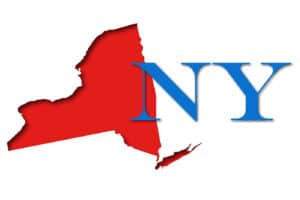
Mayor de Blasio Partially Restores HPD Cuts
New York Mayor Bill de Blasio (D) announced restoration of $466 million of housing cuts in FY2021 to the city’s department of Housing Preservation and Development (HPD). Mayor de Blasio’s decision to reverse course and restore HPD’s 2021 capital budget will produce roughly 11,000 units of affordable housing, at a time when those homes are […]
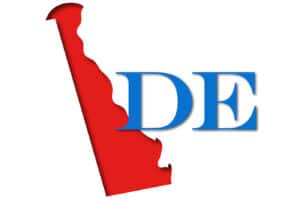
Philadelphia Fed Updates Rental Housing Affordability Data Tool
The Federal Reserve Bank of Philadelphia updated its Rental Housing Affordability Data Tool for households in Pennsylvania, Delaware and New Jersey. The newly updated data suggest that housing insecurity was widespread among lower-income renters in the Third District even prior to the Coronavirus pandemic and the associated economic downturn.
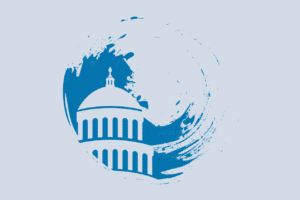
Updates on CRA Reform: Senate Votes Down CRA Disapproval Bill, Fed’s Proposal Published in Federal Register
On Monday, the Senate voted down a motion to consider the House-passed resolution of disapproval (H.J. Res. 90) to nullify the Office of the Comptroller of the Currency’s new rule on Community Reinvestment Act (CRA). The Federal Reserve’s advanced notice of proposed rulemaking was officially published in the Federal Register. Comments are due by February 16, 2021; NH&RA will submit comments and encourages our members to do so as well.

Rep. Clark Introduces Legislation to Exempt Public Housing Rehab from Bond Cap
Representative Katherine Clark (D-MA) introduced the Support Allowing Volume Exception for (SAVE) Federally-Assisted Housing Act, a targeted effort to address the national shortage of affordable housing units by freeing up the availability of private activity bonds used to support the preservation, improvement or replacement of federally-assisted housing facilities.

CDC Issues Eviction Moratorium Guidance
The Centers for Disease Control and Prevention (CDC) released new resources on its eviction moratorium, including a declaration template and FAQs, prepared in consultation with the Department of Health and Human Services, HUD and the Department of Justice.